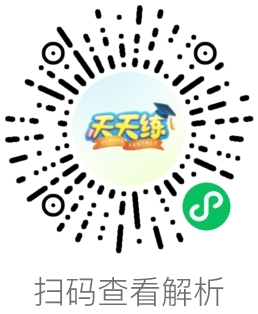



 Carla, 12When I leave school, I want a job that's interesting and enjoyable. I enjoy helping other people. My friends say I'm good at talking to people. I'm also good at mending things and I am not afraid of blood. I think I would like to work in a hospital. By the way, my favorite subject is biology. |  Melissa, 13I like to help people too but I don't want to work in a hospital. I'd like to work with kids or teenagers, because it is boring to work with adults all day. I'm very patient and I'm good at listening to people. I'm also good at helping my classmates with their homework. My favorite subject is English and I'd like to work in a school. |
 Diego, 15I don't want an ordinary job. I want to have an exciting job. I enjoy travelling around the world. I'm very adventurous. I'd like to meet different people every day. I'm good at physics. It's my favorite subject. I can speak English, Spanish and German. I like to work on an airplane. |  Mark, 14I don't want an ordinary job, either. I think working in an office is boring. I'd like to be famous. I love to be in front of a crowd. I'm an outgoing person. My favorite subjects are drama and computer. I'm really good at acting. I was in the school play last year. It was excellent! I'd like to work on the stage(舞台). |
| Dear Peter, How is it going?I'm writing to invite you to attend the activity about reading English classics and sharing your feelings. . I'm looking forward to your early reply.Yours,Li Hua |
| Role models have a great influence on our life. . |